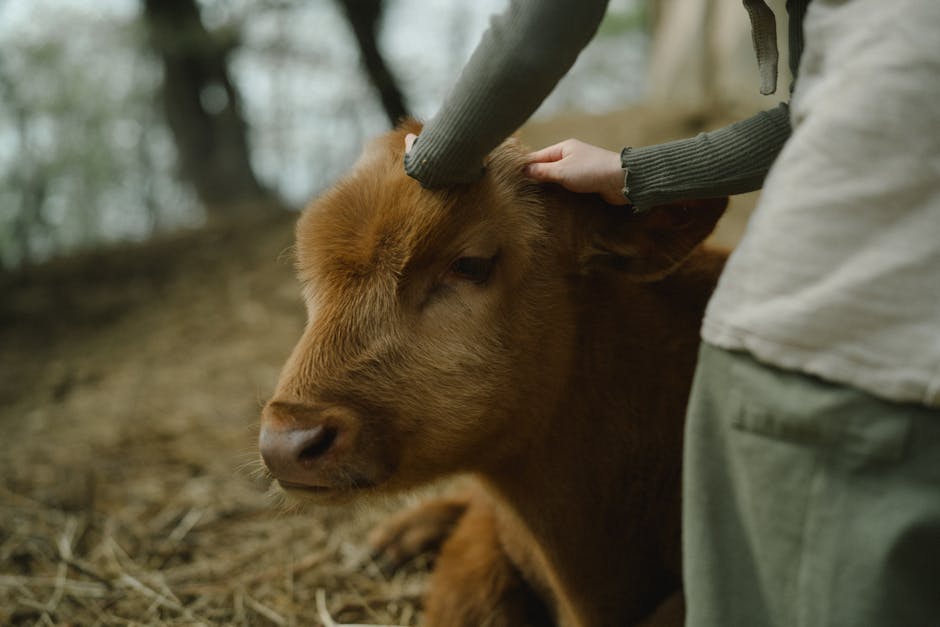Fleas, tiny yet tenacious parasites, plague countless pets worldwide, causing discomfort, itchiness, and potential health problems. While conventional flea treatments are readily available, pet owners increasingly seek alternative approaches, exploring the potential of natural remedies. This comprehensive look delves into the efficacy and safety of various natural methods for flea control, highlighting their benefits and limitations.
A Common Problem, Diverse Solutions:
The pervasive nature of fleas underscores the need for multifaceted strategies for flea management. A complete approach necessitates a blend of preventative measures, targeted treatments, and environmental control. Natural remedies often play a supportive role within this broader strategy, complementing rather than replacing veterinary-recommended treatments. Understanding their limitations is crucial for safe and effective flea control in pets.
Botanical Barriers: A Review of Natural Flea Repellents:
A wealth of botanical ingredients has long been used to repel insects, including fleas. Rosemary, lavender, peppermint, and citrus extracts are frequently touted for their potential flea-repelling properties. Research into these compounds reveals varying degrees of efficacy. For example, studies suggest certain essential oil dilutions can deter fleas from resting on the skin and potentially disrupt their life cycle. However, the concentrations and application methods often require careful consideration, as undiluted oils can be irritating or harmful to pets.
Essential Oils: A Double-Edged Sword:
Essential oils, derived from plants, hold considerable promise for flea control. Their aromatic compounds can disrupt flea behaviour. However, their use requires caution. Not all essential oils are suitable for pets, and improper dilution can lead to skin irritation, allergies, or ingestion toxicity. Eucalyptus, tea tree, and pine oils, despite their potent insecticidal properties, are generally not recommended for direct application to pets due to their potential toxicity. Prior to introducing any essential oil product to your furry friend’s routine, always consult a veterinarian or a qualified animal health expert. They can guide you on the appropriate dilution and usage.
DIY Solutions: A Balancing Act Between Effectiveness and Safety:
Many pet owners are drawn to DIY flea remedies, often incorporating various natural ingredients into homemade formulations. While these solutions may be appealing for cost reasons, carefully evaluate the potential risks versus benefits. Some solutions, like applying diluted apple cider vinegar or baking soda paste, may offer limited relief from itching but are unlikely to eradicate adult fleas or their eggs. DIY remedies should be approached with caution and used in conjunction with other preventative measures.
Dietary Considerations:
While specific foods are rarely targeted as primary flea eradicators, a healthy diet plays a vital role in supporting a pet’s overall well-being and immune system, indirectly bolstering their resistance to flea infestations. A balanced diet, rich in nutrients, contributes significantly to a pet’s ability to cope with fleas and their associated stress. Adding a special supplement, though, requires veterinary guidance to avoid nutrient imbalances.
Beyond Topical Applications: Environmental Control:
Successfully controlling a flea infestation requires a multi-pronged approach, including tackling the flea environment beyond your pet’s coat. Regular vacuuming, particularly in areas where your pet spends time, helps remove flea eggs and larvae. Proper bedding washing and cleaning of pet areas are essential to prevent re-infestation. In addition to these crucial steps, identifying potential flea havens, like cracks in flooring or overgrown vegetation, and addressing them can significantly decrease the infestation.
The Role of Professional Expertise:
When dealing with persistent or severe flea infestations, professional assistance may be warranted. Veterinarians and animal care specialists possess expertise in identifying the root cause of the problem and prescribing suitable treatments. They can evaluate your pet’s health, recommend effective treatments, and provide advice on maintaining a flea-free environment.
Addressing Concerns and Avoiding Pitfalls:
Several misconceptions surround natural flea remedies. Some solutions may offer temporary relief but aren’t effective at eliminating the flea life cycle. Prioritising your pet’s health and well-being is paramount. Improper or excessive use of any natural remedy can potentially cause adverse reactions. Consult a veterinarian for tailored recommendations.
Conclusion: A Holistic Approach:
Natural remedies can be part of a multifaceted strategy for flea management, but they shouldn’t be seen as a standalone solution. Their efficacy varies, and the potential for adverse reactions necessitates caution. Always consult with your veterinarian or a qualified animal care professional to develop a comprehensive flea control plan that aligns with your pet’s individual needs and health status. A holistic approach that combines natural methods with professional guidance often leads to the best results in managing flea infestations in pets.
